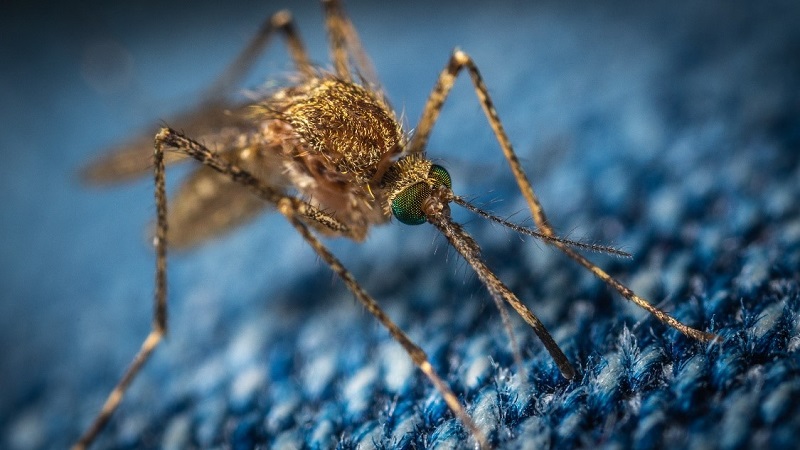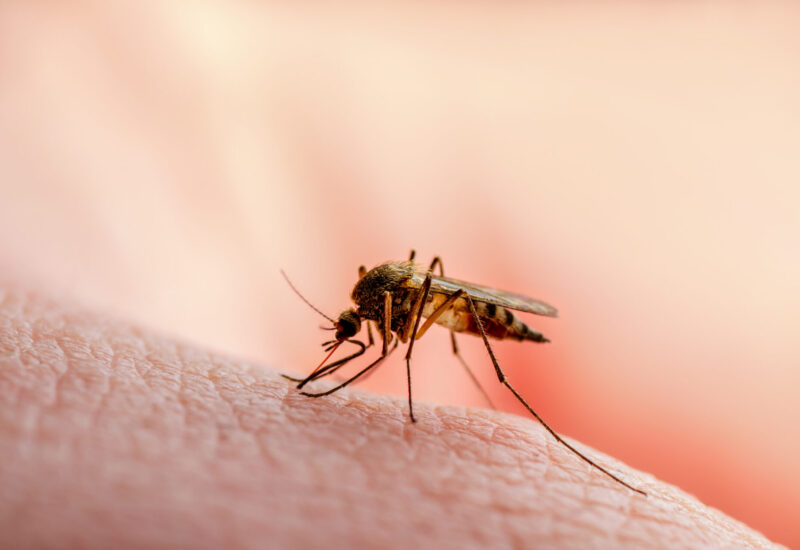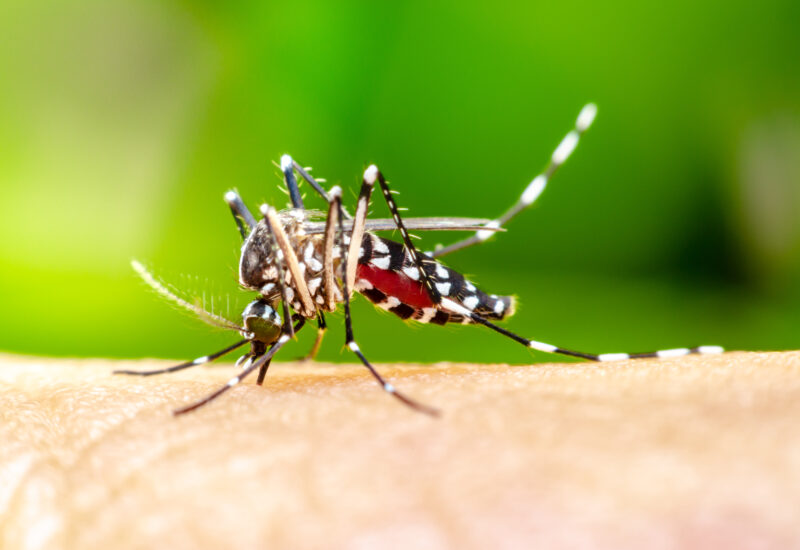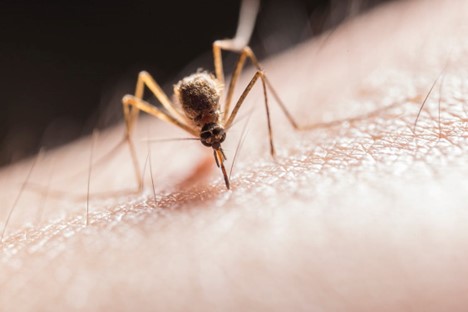Preparing for Mosquito Season

Mosquito Season in Florida is Almost Here; Make Sure You’re Prepared with These Tips
Florida, otherwise called “The Sunshine State,” is full of beaches, water sources, and parks.
Spending time outside is a great way to spend time with family and soak up the sunshine. It’s also a good time for mosquitoes to aim and make a meal out of you.
Mosquito season in Florida happens during the spring and summer months, when warm weather is combined with frequent rain. Mosquitoes thrive on the humidity and standing pools of water from the frequent afternoon thunderstorms that take place in Florida.
In order to prepare for mosquito season each year, it’s important to learn about the habits of mosquitoes and know what you can do to avoid them.
1. Eliminate Mosquito Breeding Areas
Recent studies have shown female mosquitoes have the ability to lay eggs in standing water or water that is stored in manmade containers.
To combat this, standing water shouldn’t be allowed to remain uncovered for more than seven days, since it takes seven to 10 days for mosquito eggs to hatch.
Monitor buckets, low areas in the yard, and rain gutters because they can accumulate water easily. These areas will then attract mosquitoes to your yard and home.
If water must be stored outside, ensure that storage containers are tightly covered.
2. Stock up on Natural Mosquito Repellents
Natural mosquito repellents are a better alternative to prevent mosquito bites than toxic chemicals.
Toxic chemicals are harmful to the environment and can be harmful to you, your children, and your pets.
Mosquitoes are often repelled by essential oils such as lemon, eucalyptus oil, or lavender.
Natural mosquito repellents will effectively deter mosquitoes, but they need to be applied more often than other repellents. Natural mosquito repellent should be applied as needed to keep the pests away.
Since there are 175 species of mosquitoes found in the United States, products with multiple repellents tend to be more effective than those containing a single ingredient.
3. Create Mosquito Repellent Luminaries
Luminaries are great for repelling pests and creating ambiance for your outdoor space. They’re easy to make and effective.
You can make them out of mason jars and essential oils, along with household items like tea lights, lime wedges, and rosemary. These luminaries are non-toxic, and if you switch out the fresh ingredients, you can use them all season!
4. Stock up on Garlic
Garlic has been used as both a food and a medicine for over 500 years.
Minced or crushed garlic can also act as a natural mosquito repellent. The naturally occurring sulfur in garlic can repel mosquitoes, ticks, stink bugs, fleas, and black flies.
In order to use garlic to its full pest-control potential, sprinkle cut garlic around your yard. You can also make a garlic-infused insect repellent with mineral oil, dish soap, and water. Spray this repellent on your plants for additional protection.
5. Incorporate Mosquito-Repelling Plants in the Yard
Planting mosquito-repelling plants could be your best defense against mosquitoes.
They are a natural, toxin-free alternative to bug sprays and can create a picturesque landscape.
Some examples of mosquito-repelling plants are: bee balm, the cadaga tree, catnip, lavender, lemon grass, and marigold. By incorporating these plants in your landscape, you can feel assured that mosquitoes will be repelled by the smell and leave you alone during this mosquito season.

6. Wear the Proper Clothes
Your clothes can be a crucial part of mosquito repellent, especially when wearing them outdoors. Deep colors like black, navy blue, and red, stand out and attract bugs, so wearing light colored clothing will help to combat this issue. Thicker fabrics and looser fits offer more protection than thin clothing.
Wearing sandals can encourage mosquitoes to bite your feet. Wear shoes and socks at all times, and when there are mosquitos nearby, it helps to tuck your pants into your socks or shoes.
7. Contact a Professional
To truly tackle a mosquito problem, it’s important to contact a pest control specialist before the mosquito eggs have hatched or when the pest is in its larvae stage.






